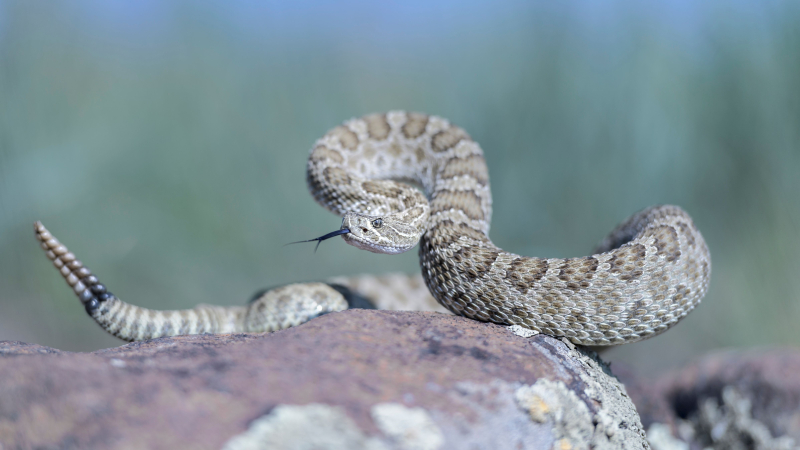Help the Bark Avoid the Bite
If getting into the great outdoors with your dog is on your to-do list, a rattlesnake vaccination for your pet should be on that list as well.
As the weather gets warmer, snakes will become more active and there’s a good chance you’ll encounter one basking in the sun. Rattlesnakes aren’t confined to rural areas, however—they can be found in cities, suburban parks, and riverside areas.
To decrease the risk of being bitten, it’s a good idea to stick to well-used trails, keep your dog leashed, and don’t hike alone. It’s also important not to let your dog sniff or step where you can’t see, such as around rocks, brushy areas, and downed logs.
Rattlesnake venom is extremely dangerous as it causes excessive swelling and death of the tissue surrounding the wound. Baby rattlesnakes, which are very common in spring, pack an even deadlier bite as they release all their available venom at once rather than rationing it out like adults.
To lower the risk these bites pose to pets, Del Valle Pet Hospital highly recommends having dogs vaccinated against rattlesnake venom. Because the vaccine can only reduce the severity of symptoms, bites should always be treated immediately at the closest veterinary emergency facility.
To schedule your pet’s vaccination, make an appointment online or by calling us at (925) 443-6000.


